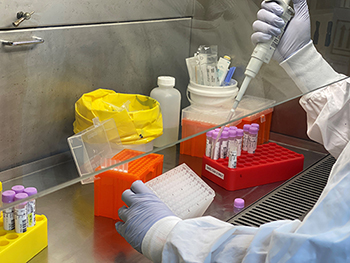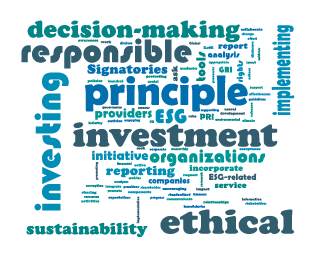
Home isolation fuelling substance misuse
On 27 April 2020, The Guardian reported that, “Across Australia, the COVID-19 crisis has prompted a seismic reckoning in addiction medicine”. Sensationalist headline or an accurate reflection of the impact of COVID-19 restrictions on substance use?
Jokes abound on social media about increased alcohol consumption, home schooling forcing “the teachers” to drink; 9.00 am ‘happy hours’ and the advent of the quarantine cocktail aptly named “The Quarantini”. While the jesting nature of these memes can incite a giggle, an epidemic of arguably equal force to COVID is continuing to brew. I say continuing, because these problems existed in our homes long before COVID. Social distancing and isolation measures have exacerbated an already existing epidemic.
As the restrictions placed on the community unfold, the potential for harms associated with alcohol and other drugs is increased. In the wake of other mass traumas, such as natural disasters (including the recent bushfires) we have observed an overall increase in substance use. In addition to the effect that the lockdown has had on the overall population, individual stressors such as loss of employment, home schooling, caring for vulnerable people and even just the mere uncertainty and lack of control over the situation is placing people under stress.
- Details
- Written by: Dr Bronwyn Hudson, GP and Addiction Physician

Lismore’s COVID-19 testing passes 20,000 milestone
In late July NSW Health Pathology’s Lismore laboratory geared up for any possible upsurge in demand for COVID-19 testing, having already exceeded 20,000 tests on patient samples collected at public hospitals and mobile clinics between Tweed Heads and Grafton, and along the coast.
In late July Glenn Hawkins, the lab’s Manager of Microbiology, said, “Our laboratory is currently averaging around 300 diagnostic COVID-19 tests per day, however we have the capacity to test up to 400, if needed.
- Details
Read more: Lismore’s COVID-19 testing passes 20,000 milestone

Ethical Investing in a post-COVID-19 world
Ethical investing, also known as Socially Responsible Investing, corresponds to a type of investment strategy which balances both financial return and social/environmental good to bring about a positive change.
Socially responsible investing (SRI) is said to have been originated by the Quakers spiritual group in 1758, when the Quaker Philadelphia Yearly Meeting prohibited members from participating in the slave trade going on in America at the time. Spiritual and religious institutions have since then been the pioneer proponents of social investing.
John Wesley one of the founders of Methodism, made a sermon entitled “The Use of Money” (1770) where in a certain way he pointed out the key elements of social investing i.e. not to harm your neighbour through your business practices and to avoid industries like tanning and chemical production, which can harm the health of workers.
- Details
- Written by: Dr Nathan Kesteven

Alcohol to get clearer pregnancy warnings – in three years
By a narrow vote of 6-4, after nearly a decade of kicking the can (and the bottles) down the road, Australasia’s food safety ministers have decreed that a prominent and direct warning of the risks of consuming alcohol during pregnancy must be placed on all alcohol products.
However, the requirement will not come into force until 2023, by which time many Australian women will have consumed alcohol during their pregnancy, unaware of the irreversible damage to their unborn babies from Foetal Alcohol Spectrum Disorder (FASD).
A notable opponent of the health measure, which is based on a long-standing recommendation of Food Standards Australia New Zealand, was the federal Food Minister Sen. Richard Colbeck (Libs, Tas) who chairs the ministerial forum that met on 17 July. A decision on the issue had been deferred from previous meetings, the main sticking point being the use, or not, of red ink to highlight the danger presented by alcohol to the unborn.
- Details
Read more: Alcohol to get clearer pregnancy warnings – in three years

Inaugural Nordocs Webinar - "Don't Get Caught with Carotid Artery Disease"
The Northern Rivers Doctors Network is holding its first webinar on Saturday, 8 August 2020 at 8.00 a.m. on the subject of Carotid Artery Disease.
The meeting will feature case discussions and a Q&A with Dr Dom Simring, consultant vascular surgeon, and Dr Sue Baumann, a consultant neurologist who has recently moved to the North Coast.
The facilitator for the webinar is Dr Peter Silberberg. Peter has had a long association with North Coast GP Training when it ran the local GP registrar training program. More recently he has been involved with general education in the North Coast primary care sector.
- Details
Read more: Inaugural Nordocs Webinar - "Don't Get Caught with Carotid Artery Disease"
Page 51 of 177















